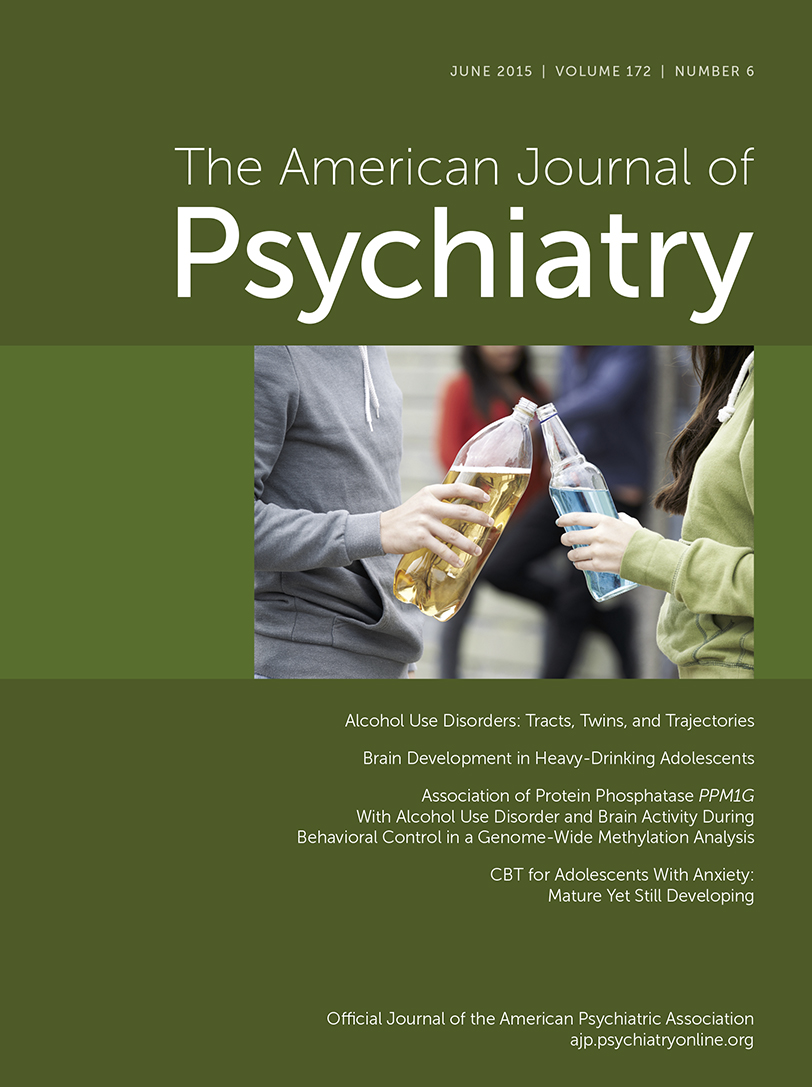Response to Saraga
To the Editor: In agreement with Dr. Saraga, we would very much like to interview the prescribers of the medications recorded in our survey about their prescribing decisions. They were not, as Dr. Saraga suggests, “physicians in the RAISE-ETP study.” Rather, they were the prescribers who treated these patients before the patients became study participants. Thus, we are unable to determine whether prescribers deviated from guideline treatment recommendations based upon thoughtful decisions, lack of knowledge, or other factors (e.g., patient preference or cost). Dr. Saraga further raises the more general question of whether prescribing according to guidelines is actually a good idea. We believe that it is, at least for now, and specifically for first-episode patients. Until we progress to an era of successful personalized medicine, the knowledge base for treatment guidelines remains based upon research studies that detect group treatment effects. Some multiepisode patients will have established treatment histories that demonstrate that their response to medication is different from the group effects that are the basis for guideline treatment recommendations. For these patients, deviation from guideline recommendations is indeed thoughtful and beneficial to patients. However, first-episode patients, such as those in our study, by definition have no or only limited treatment histories. Following treatment guidelines may be especially helpful for these patients because there is no evidence from history to allow for a thoughtful decision to not follow guideline recommendations. Furthermore, comparison of survey data such as ours with guideline treatment recommendations is useful to detect areas of practice that should be examined for potential improvement. For example, Dr. Saraga noted our finding that olanzapine was frequently prescribed. At study entry, the same patients in our survey were found to have substantial cardiometabolic risk factors (e.g., 48.3% were obese and 56.5% had dyslipidemia) (1). Further research directed at understanding the reasons why olanzapine is prescribed, often at high doses, for first-episode patients would be of great interest.
1 : Cardiometabolic risk in patients with first-episode schizophrenia spectrum disorders: baseline results from the RAISE-ETP study. JAMA Psychiatry 2014; 71:1350–1363Crossref, Medline, Google Scholar



